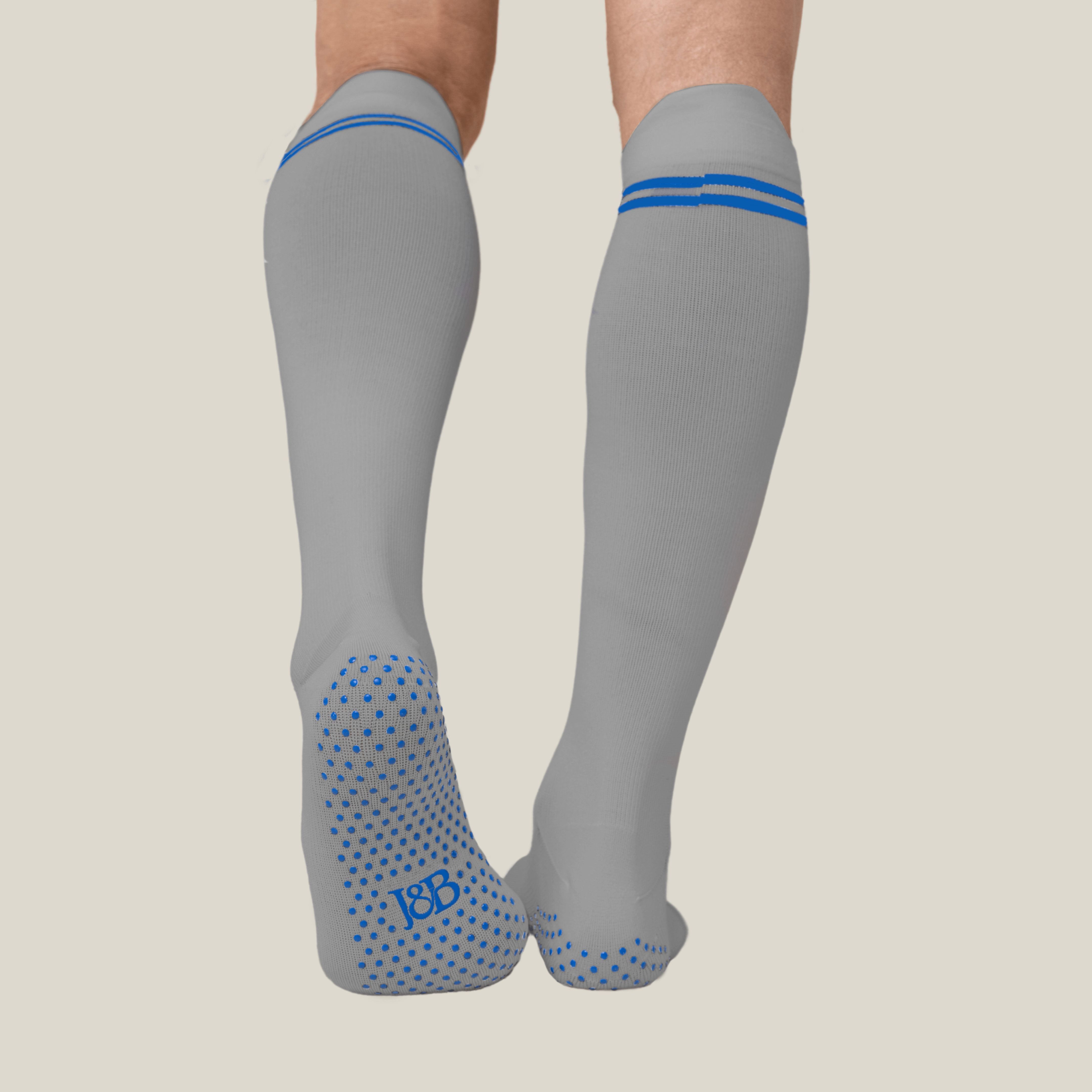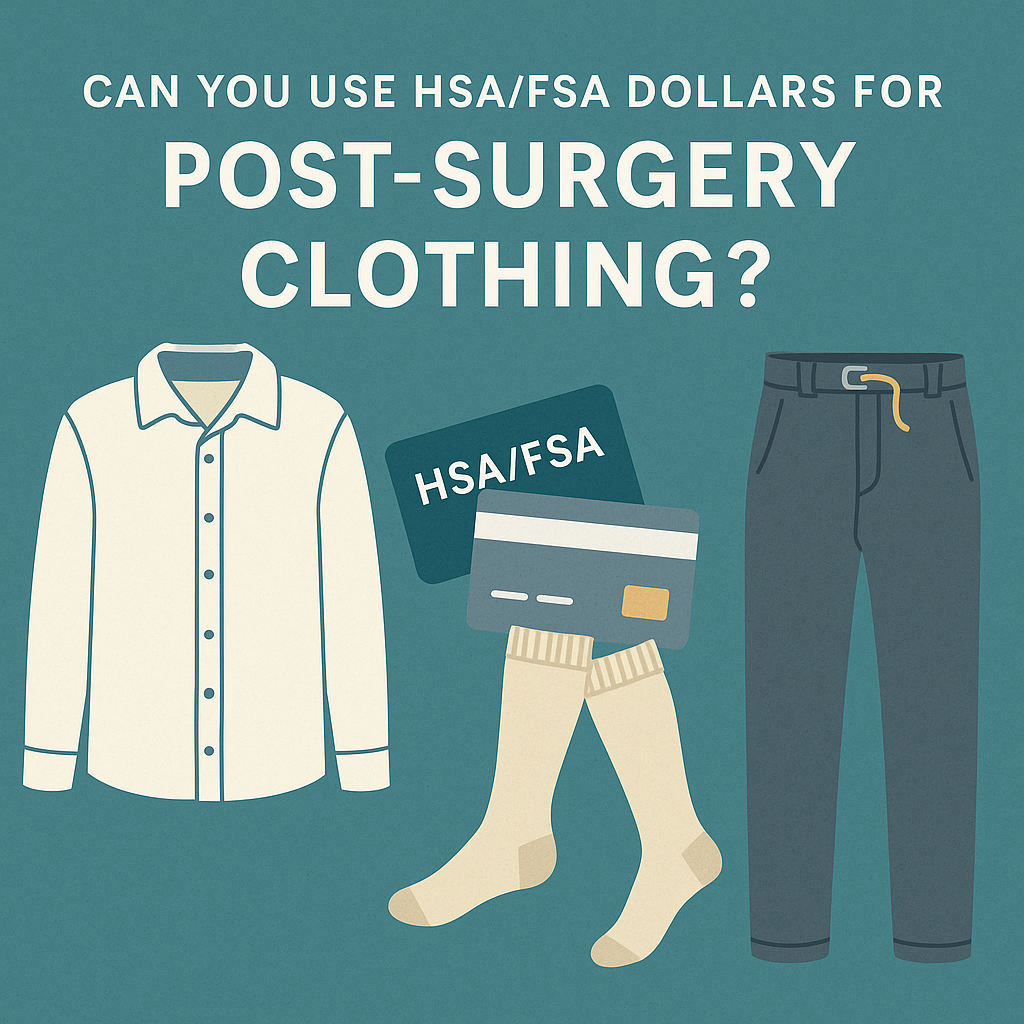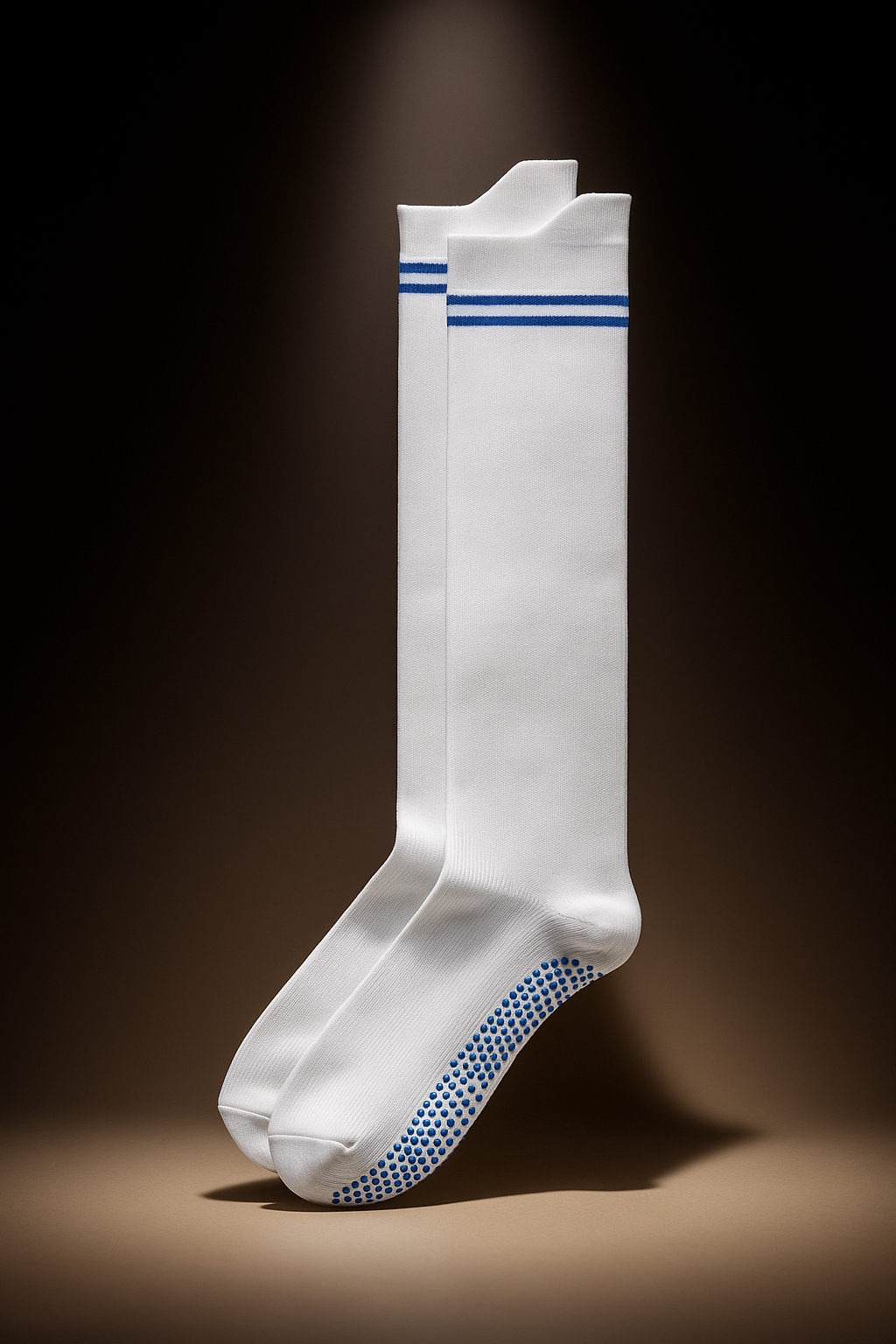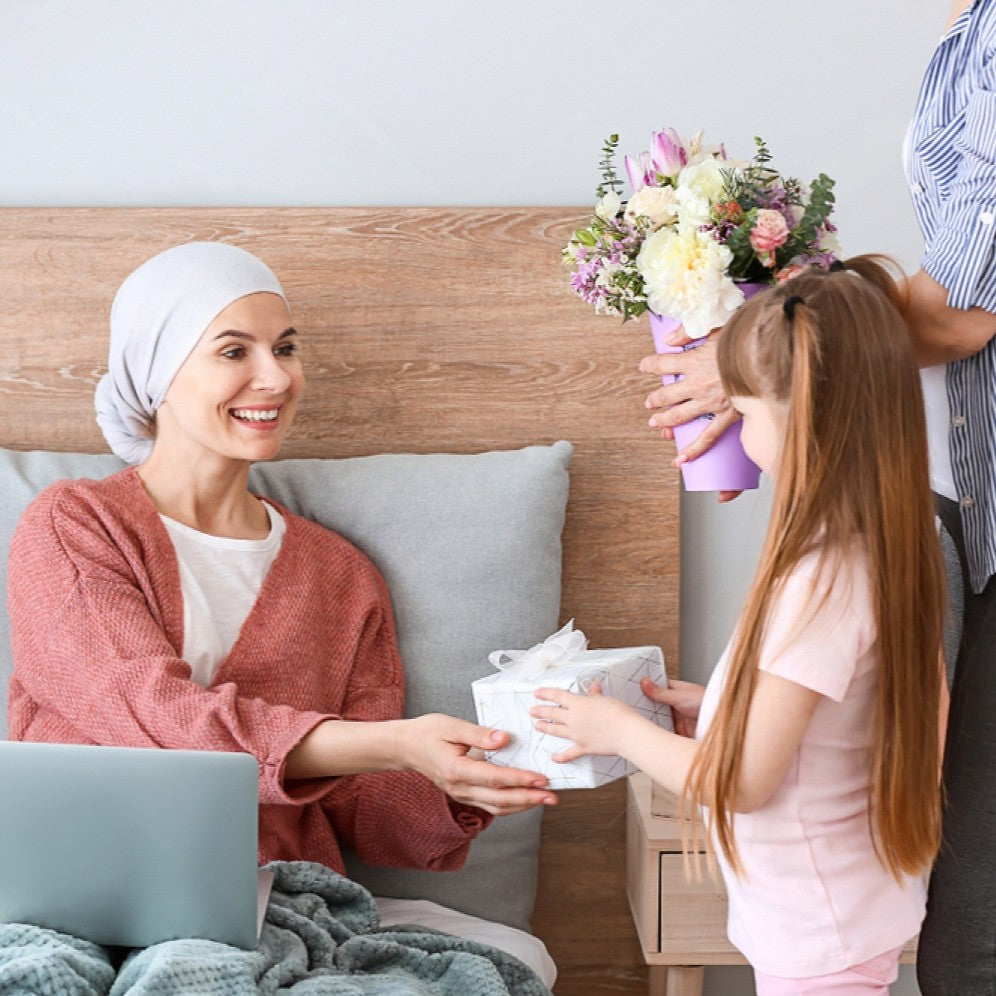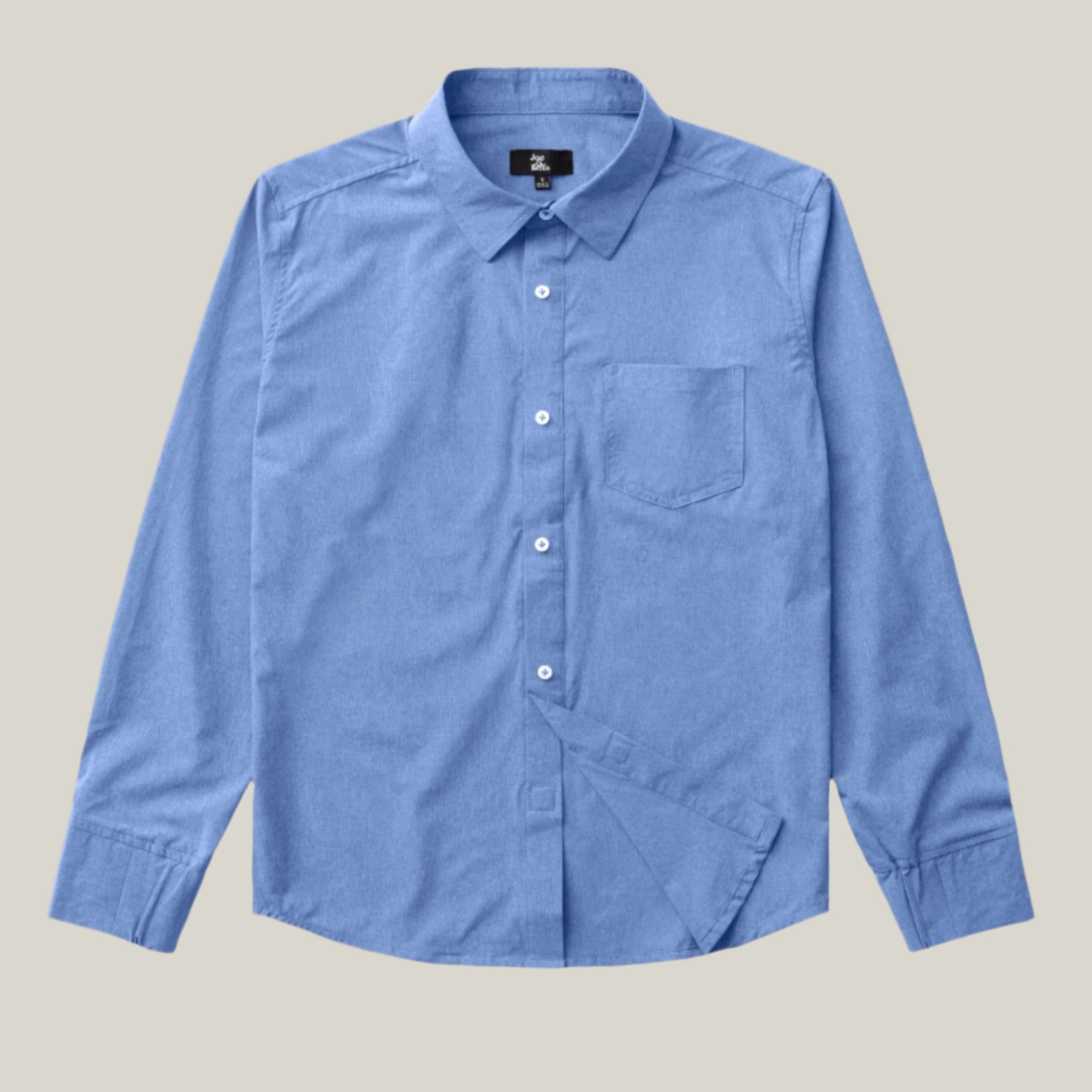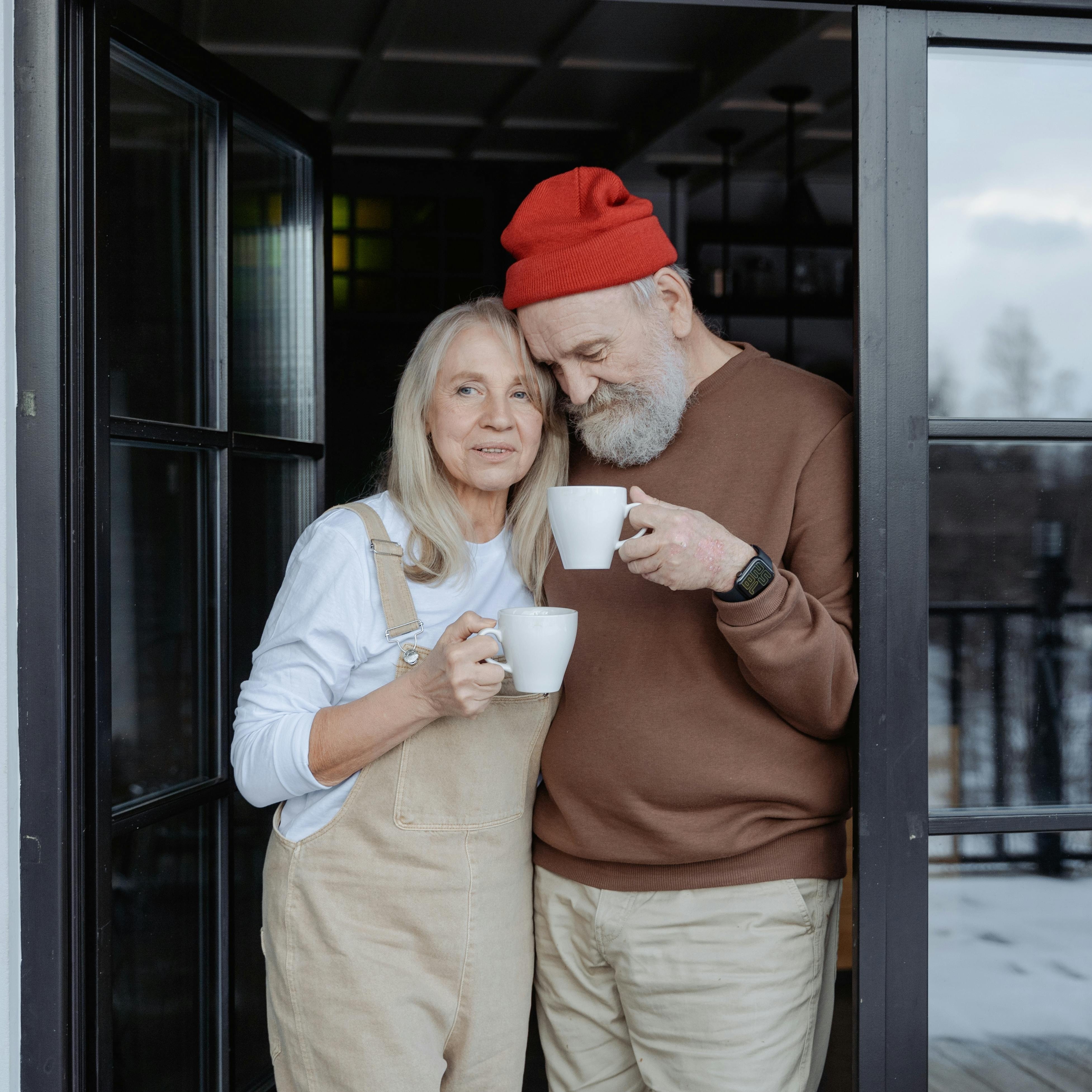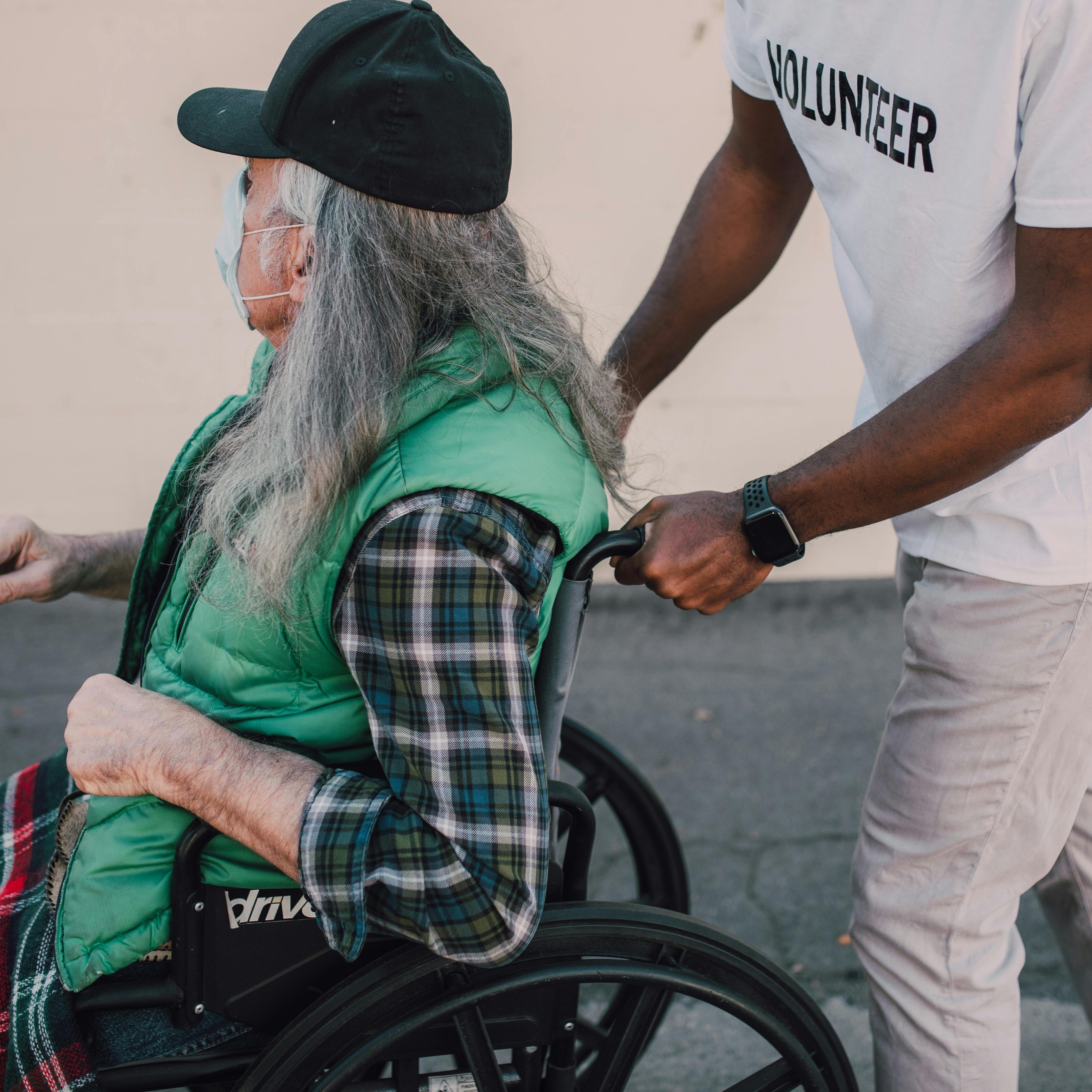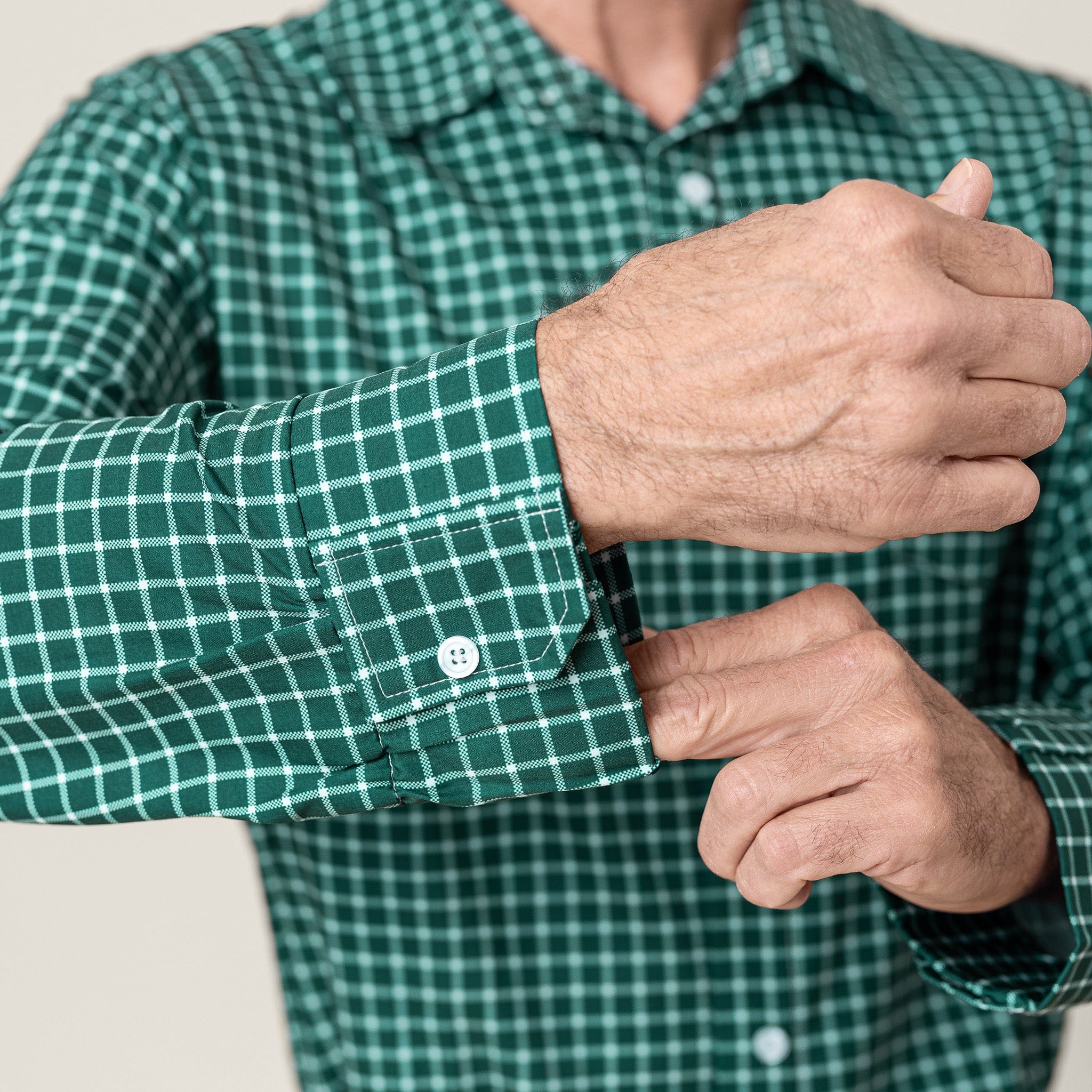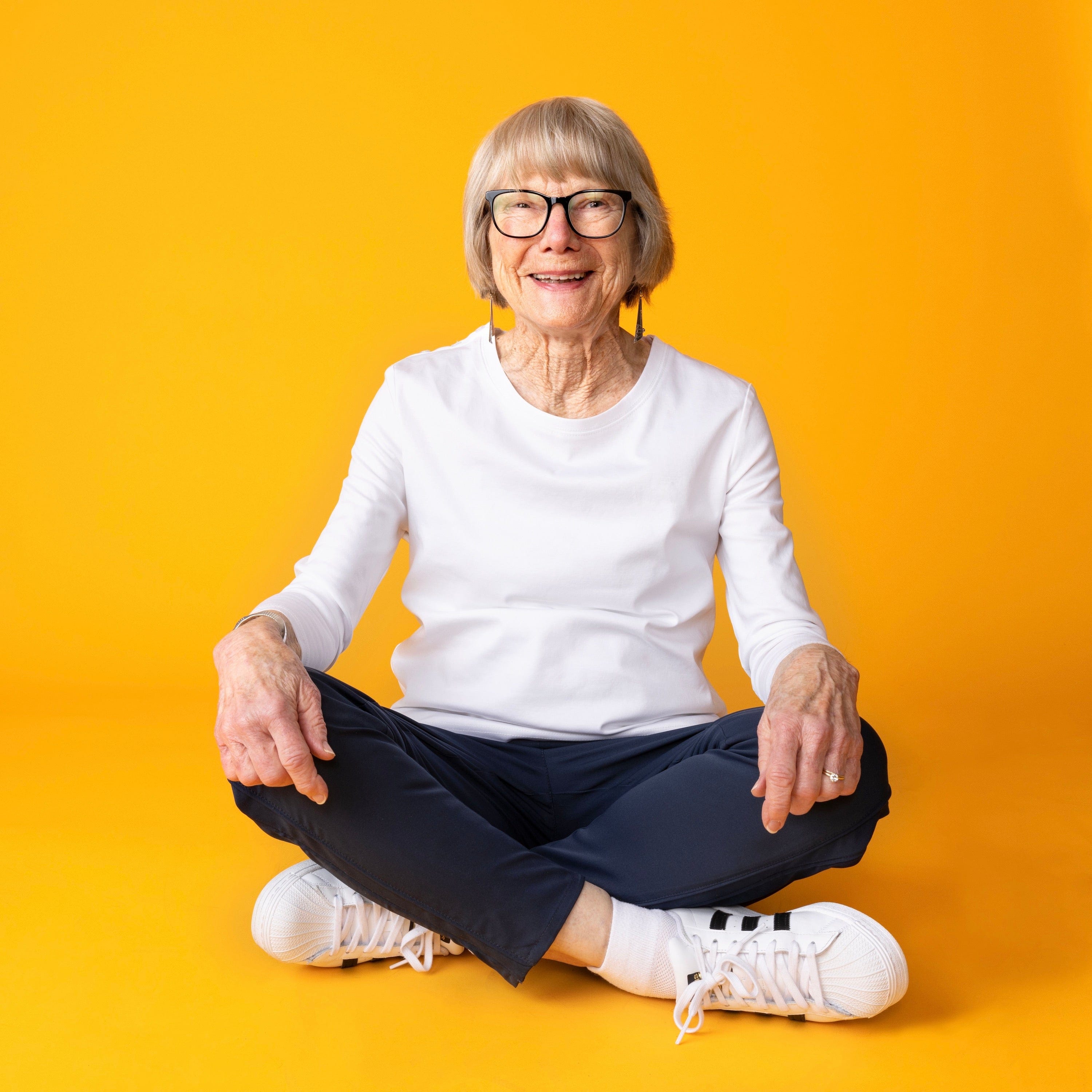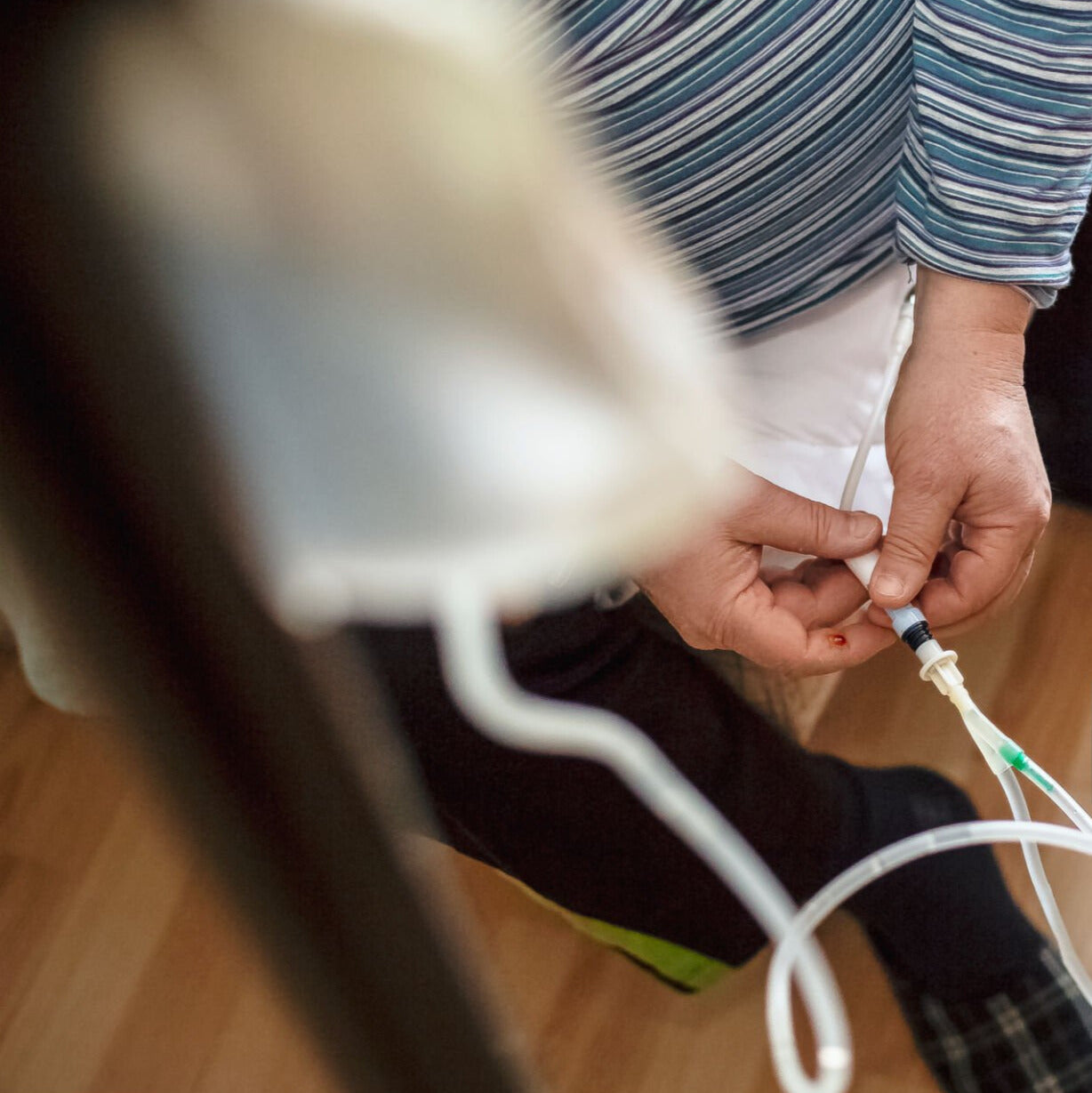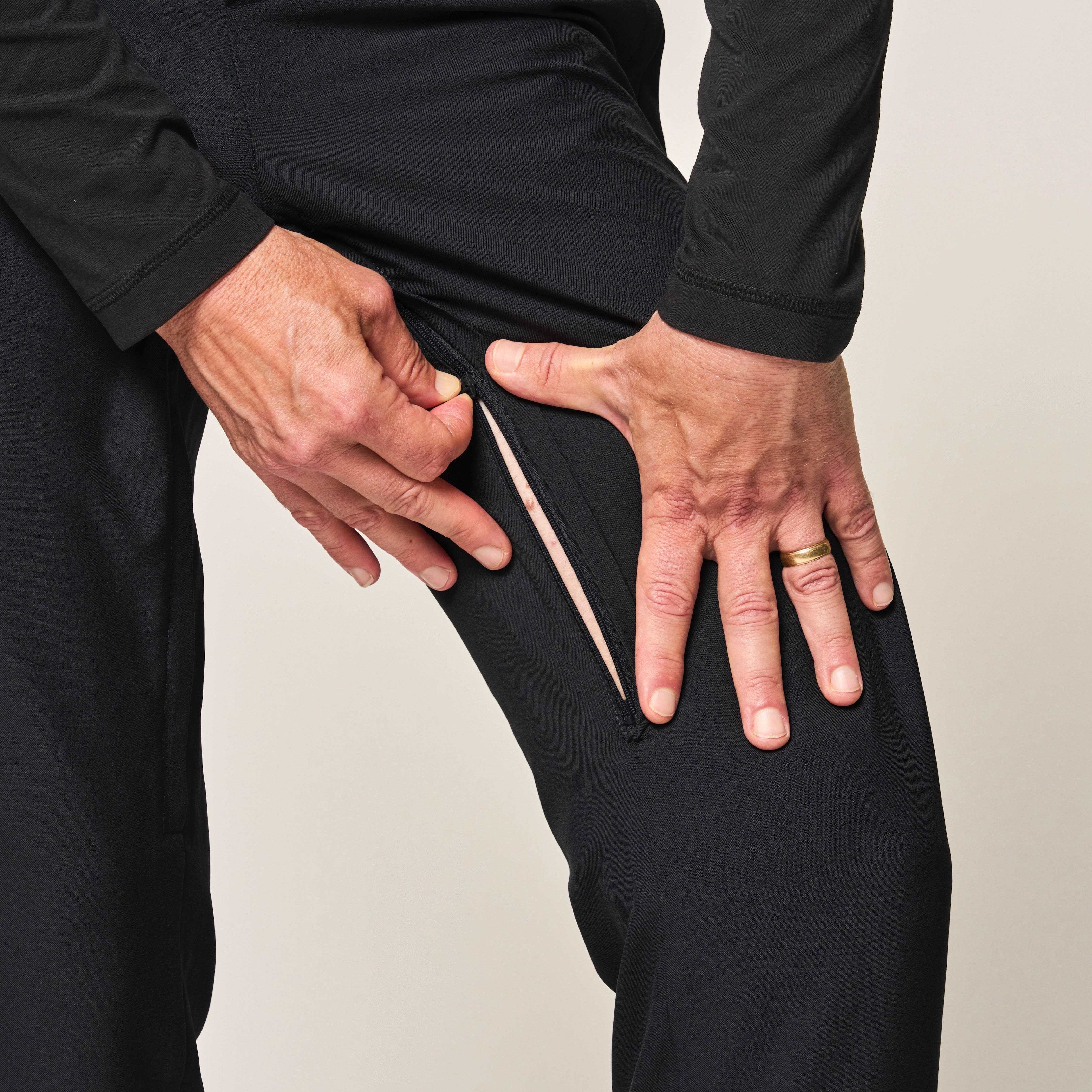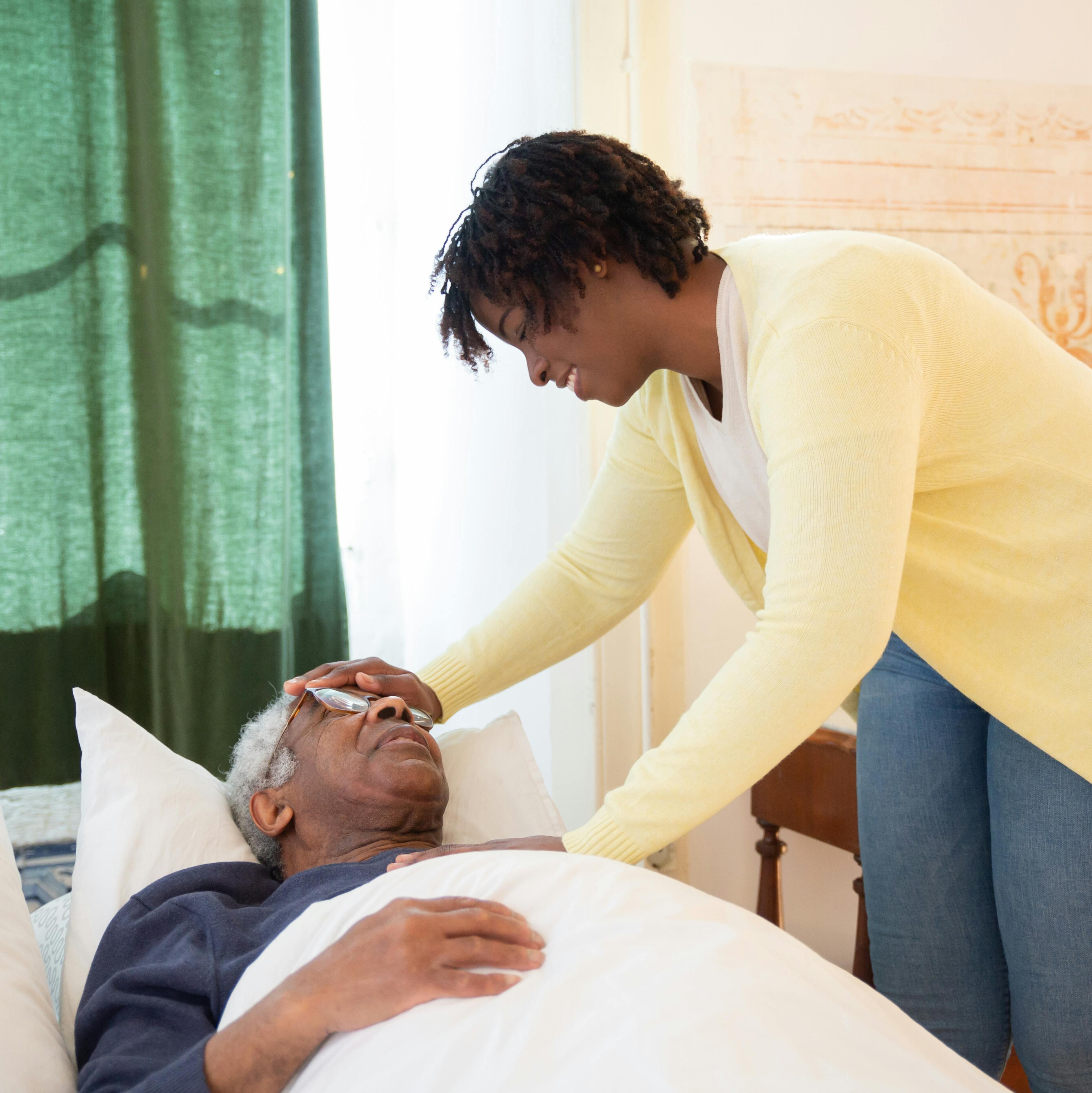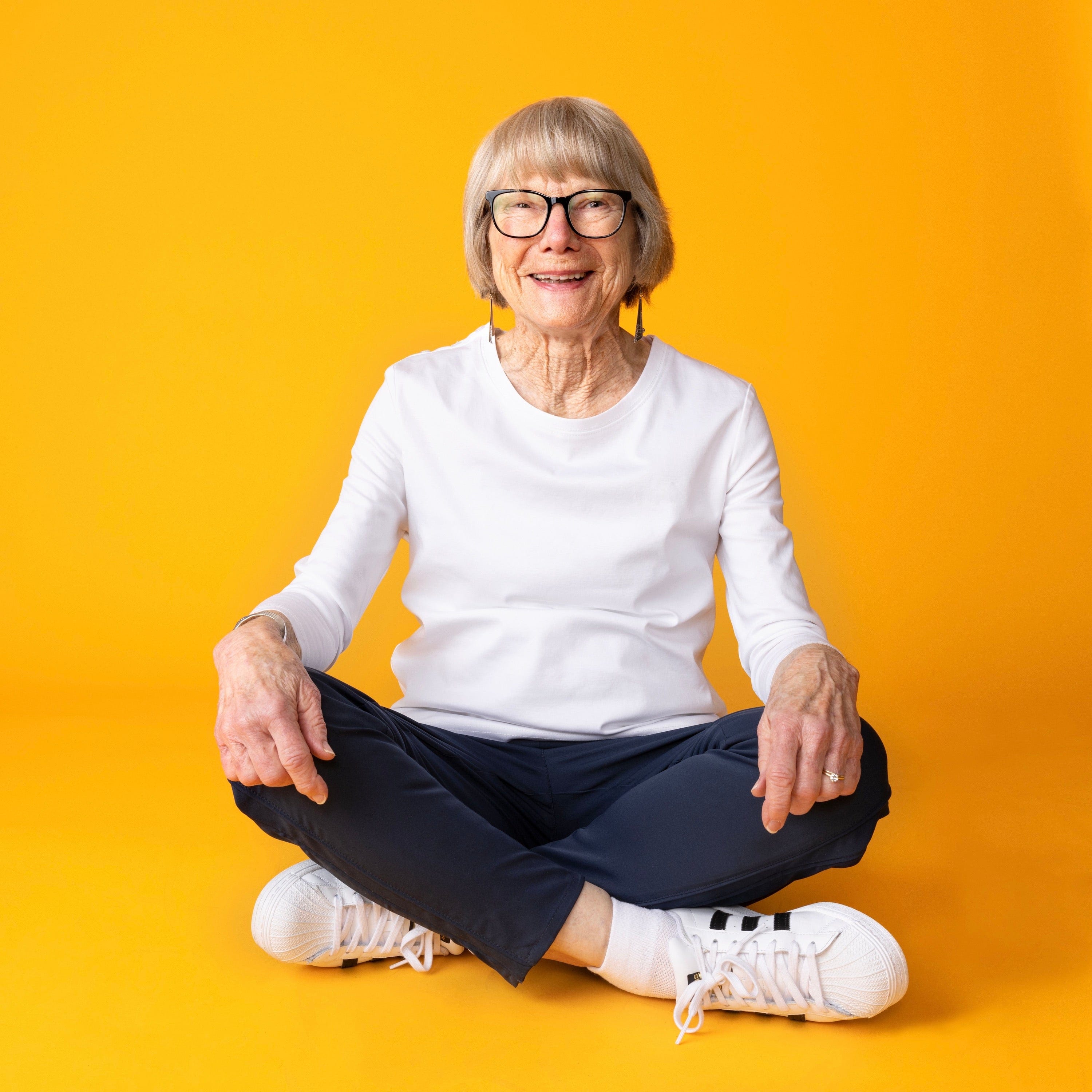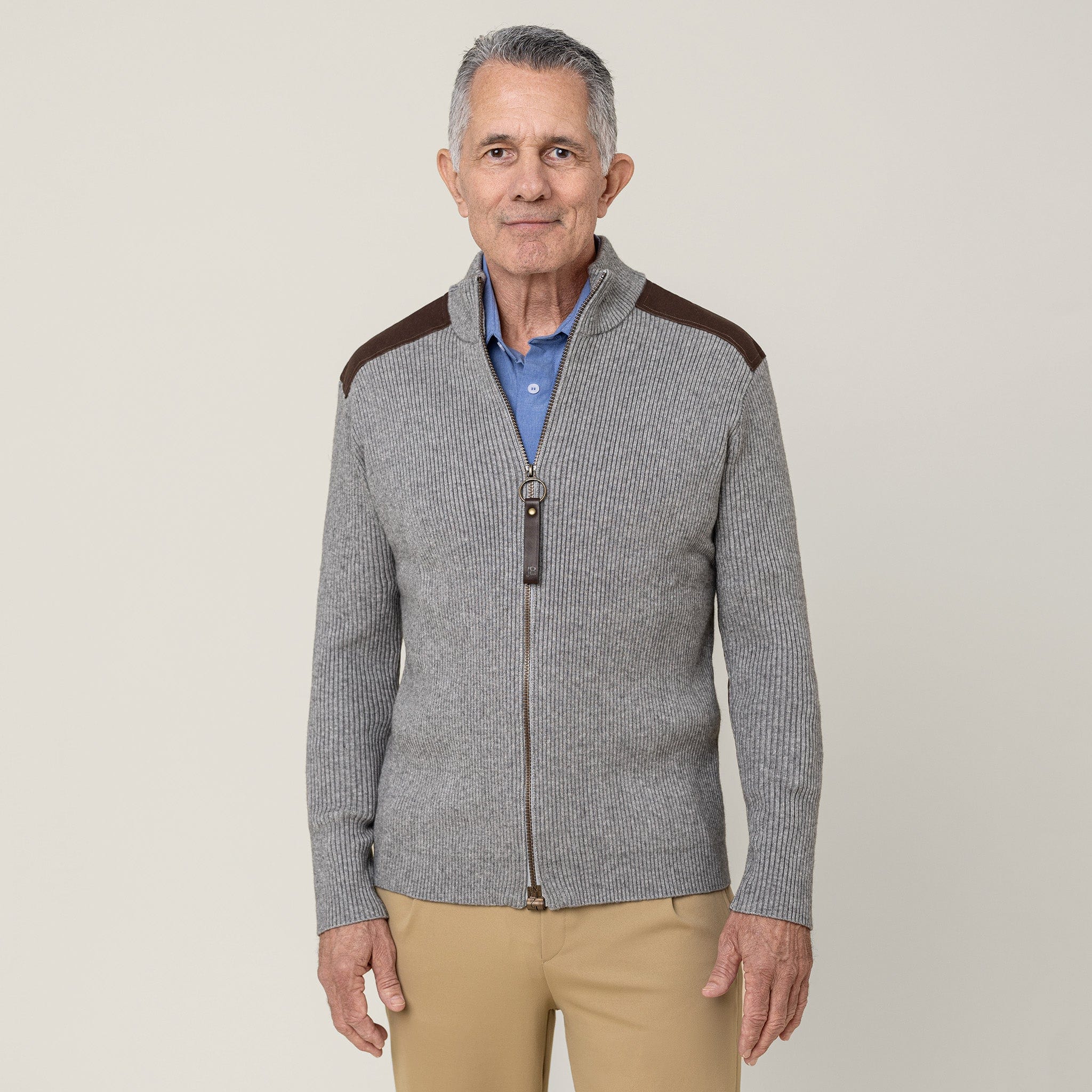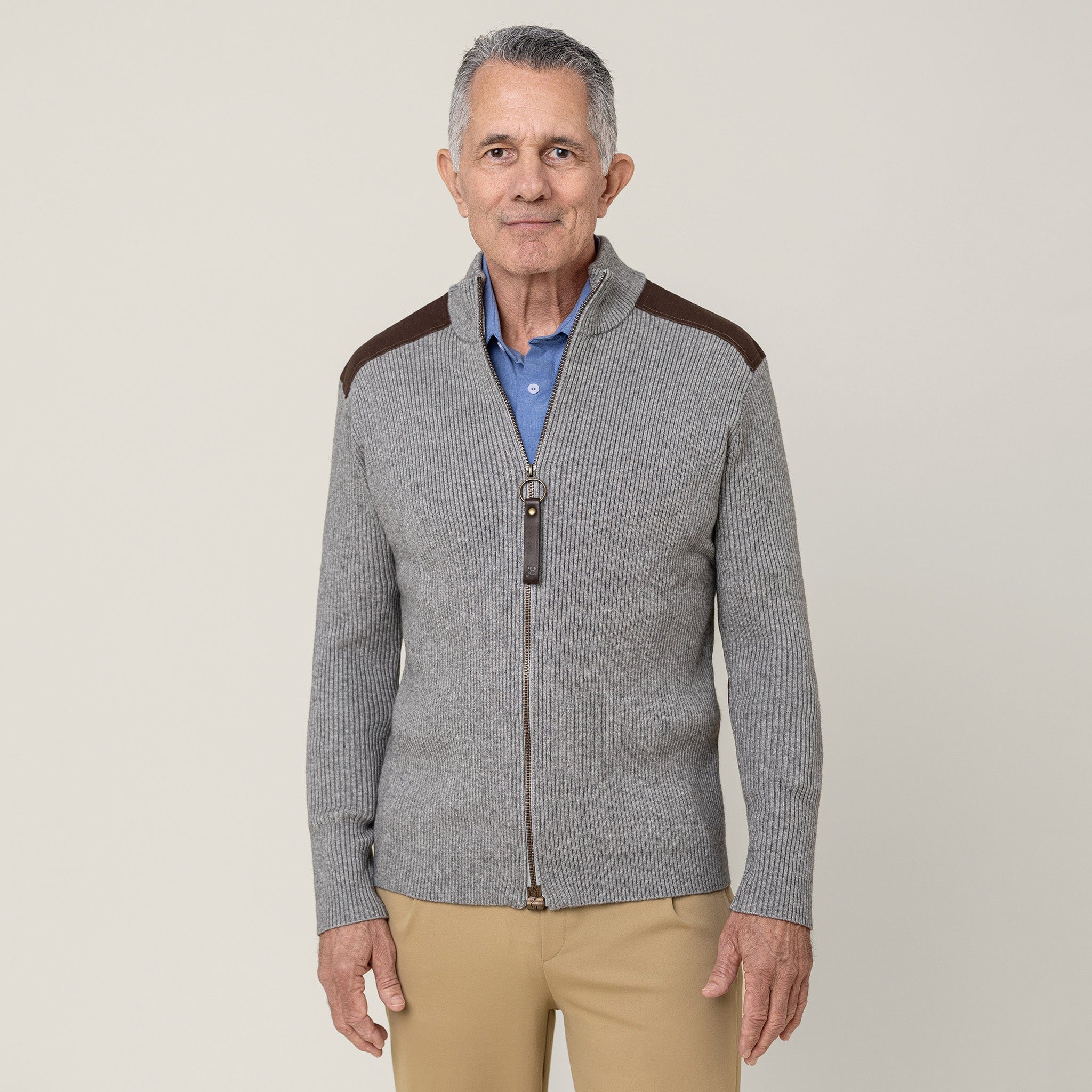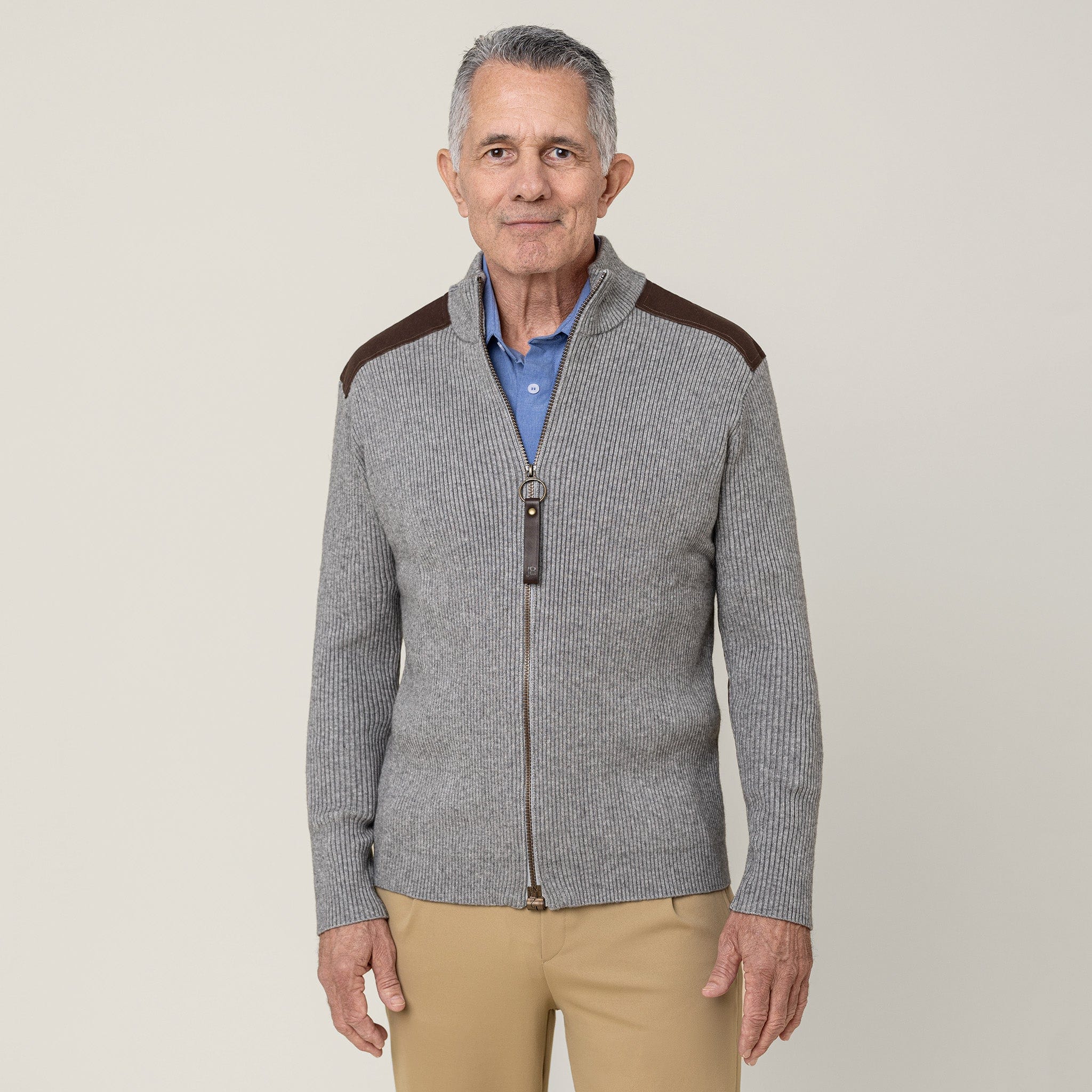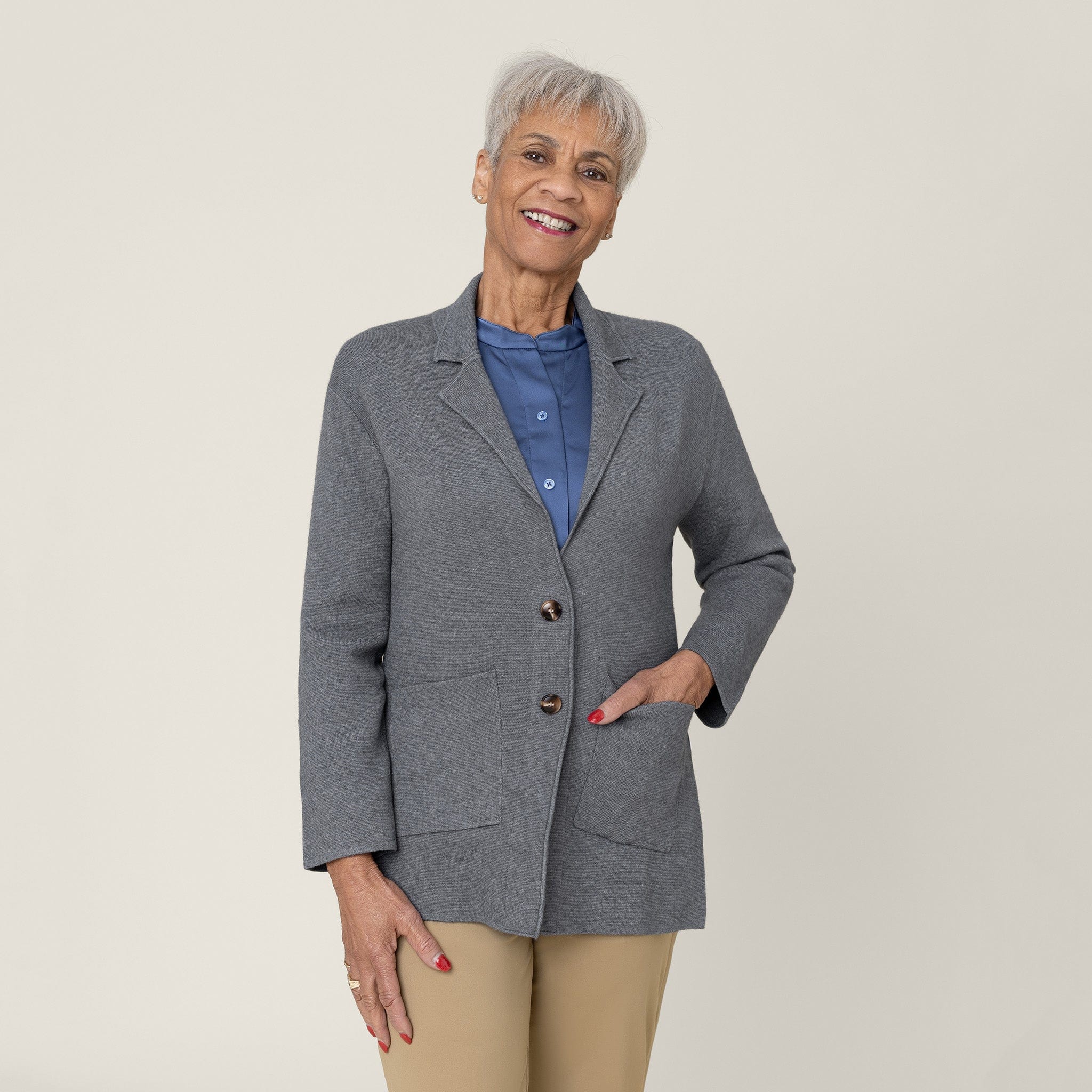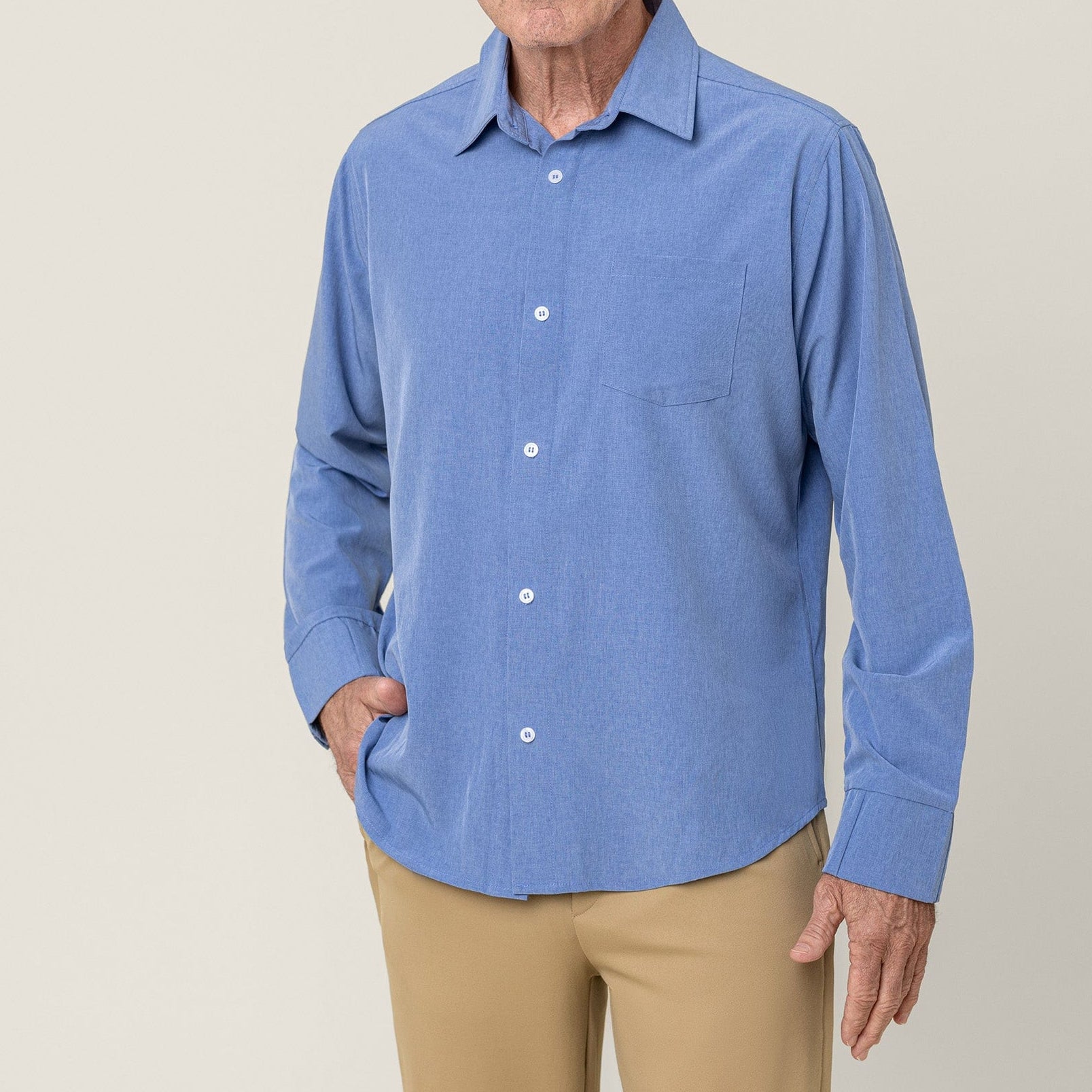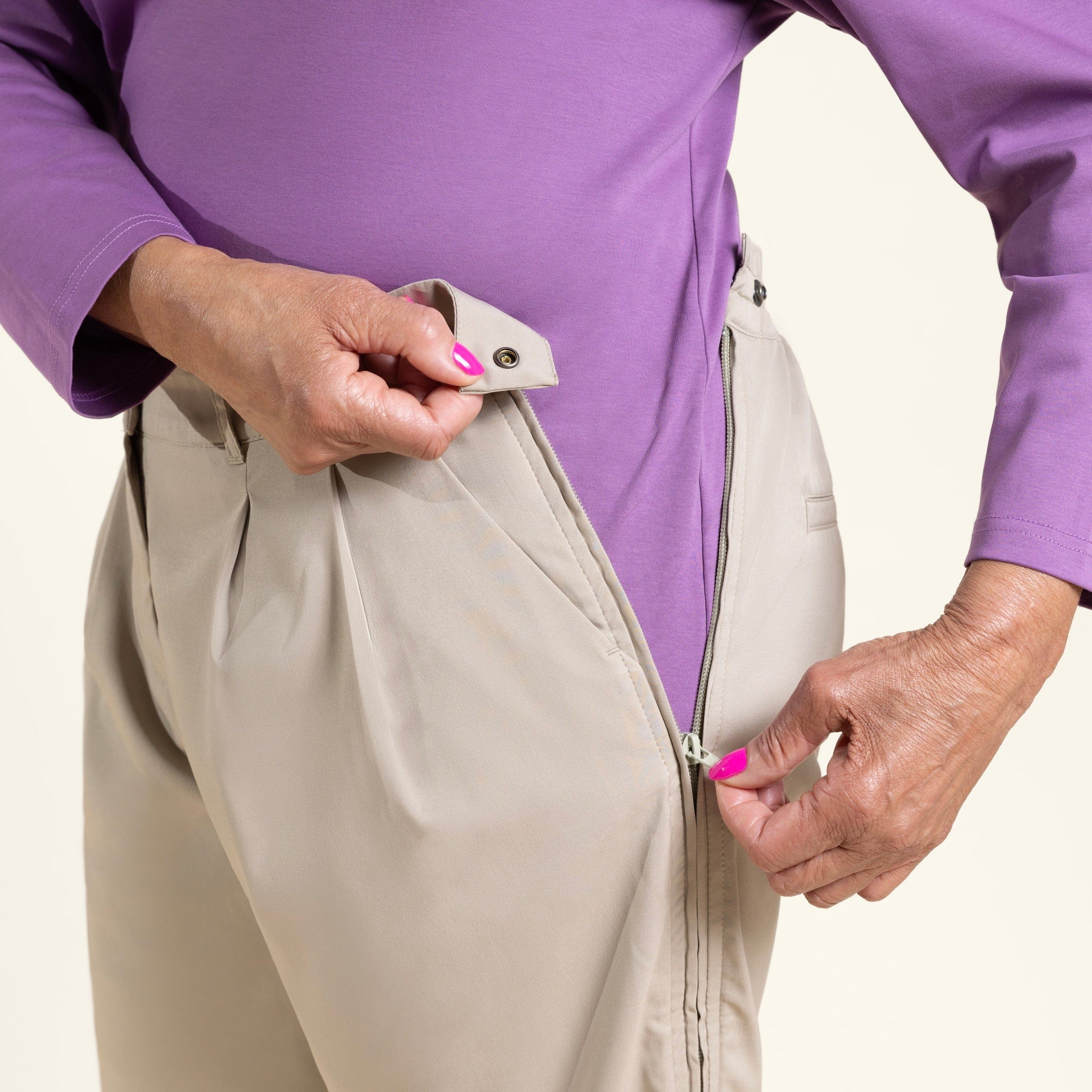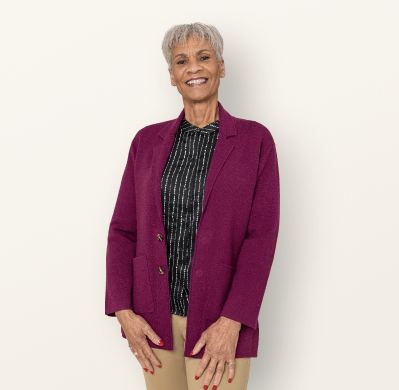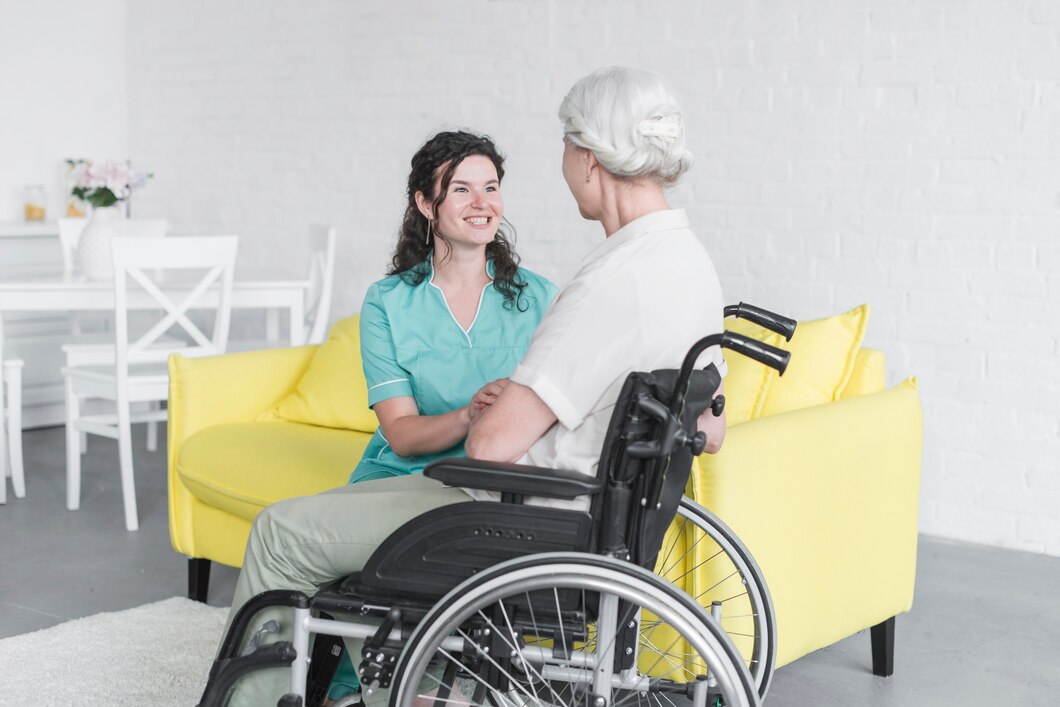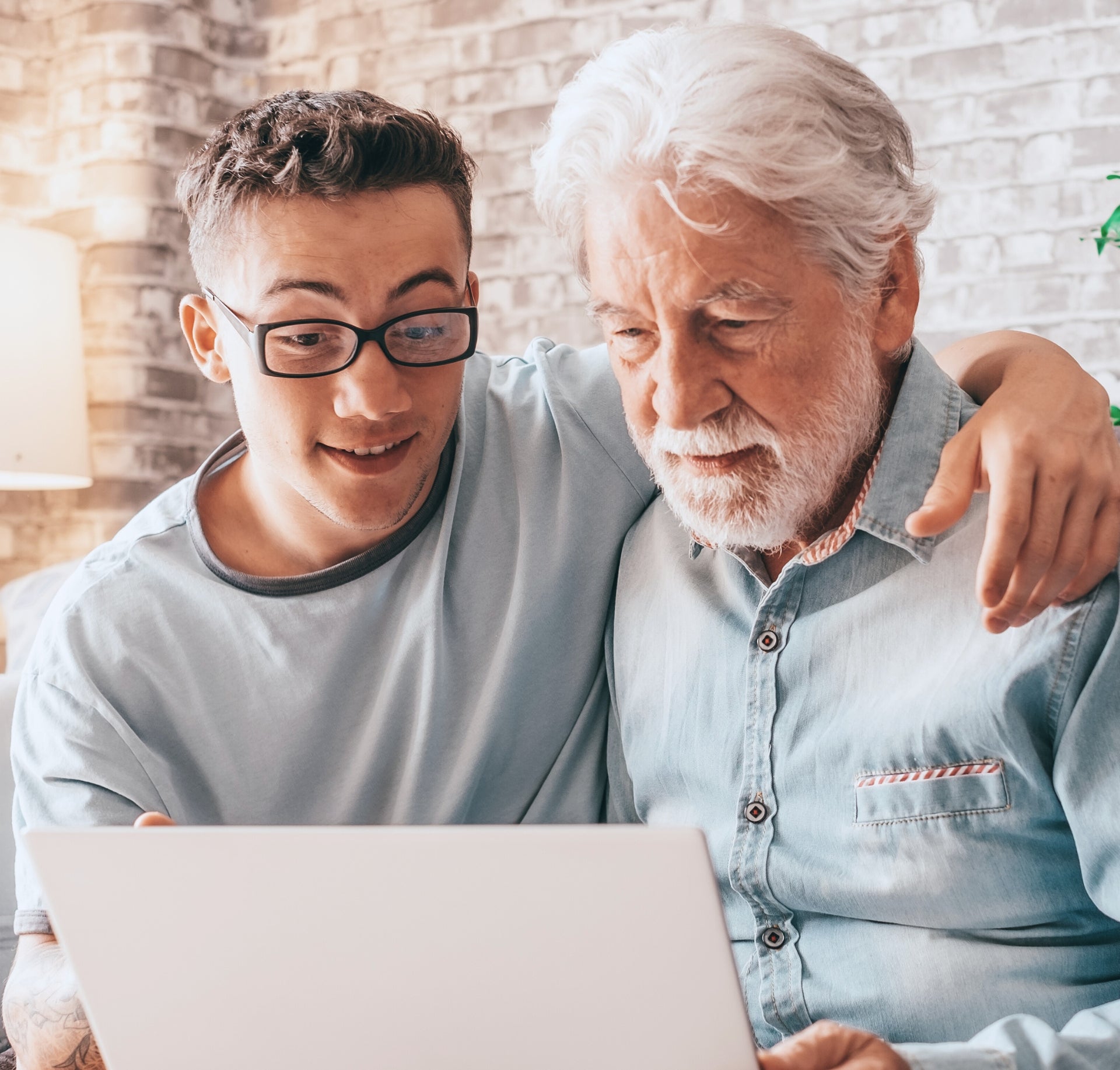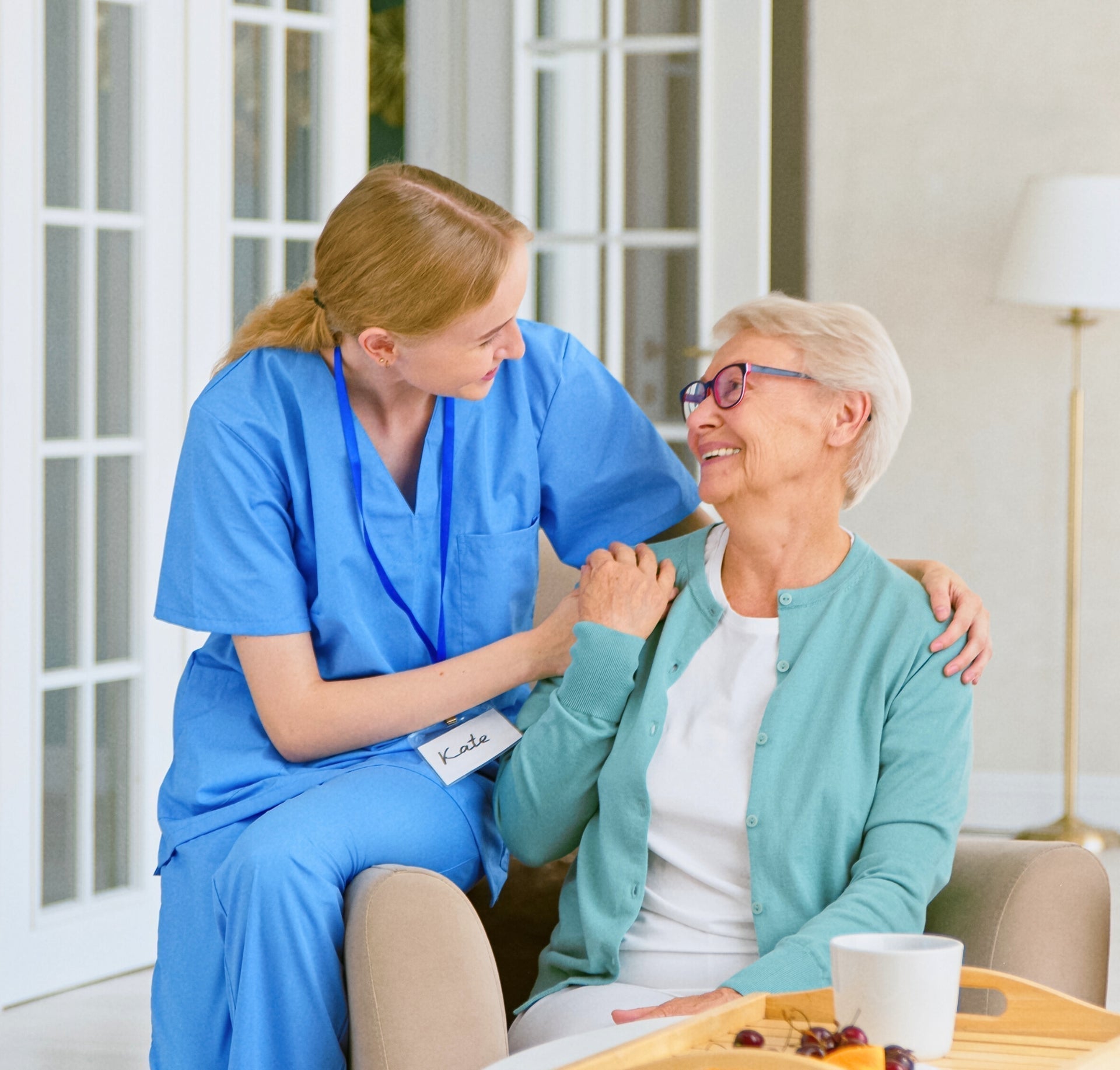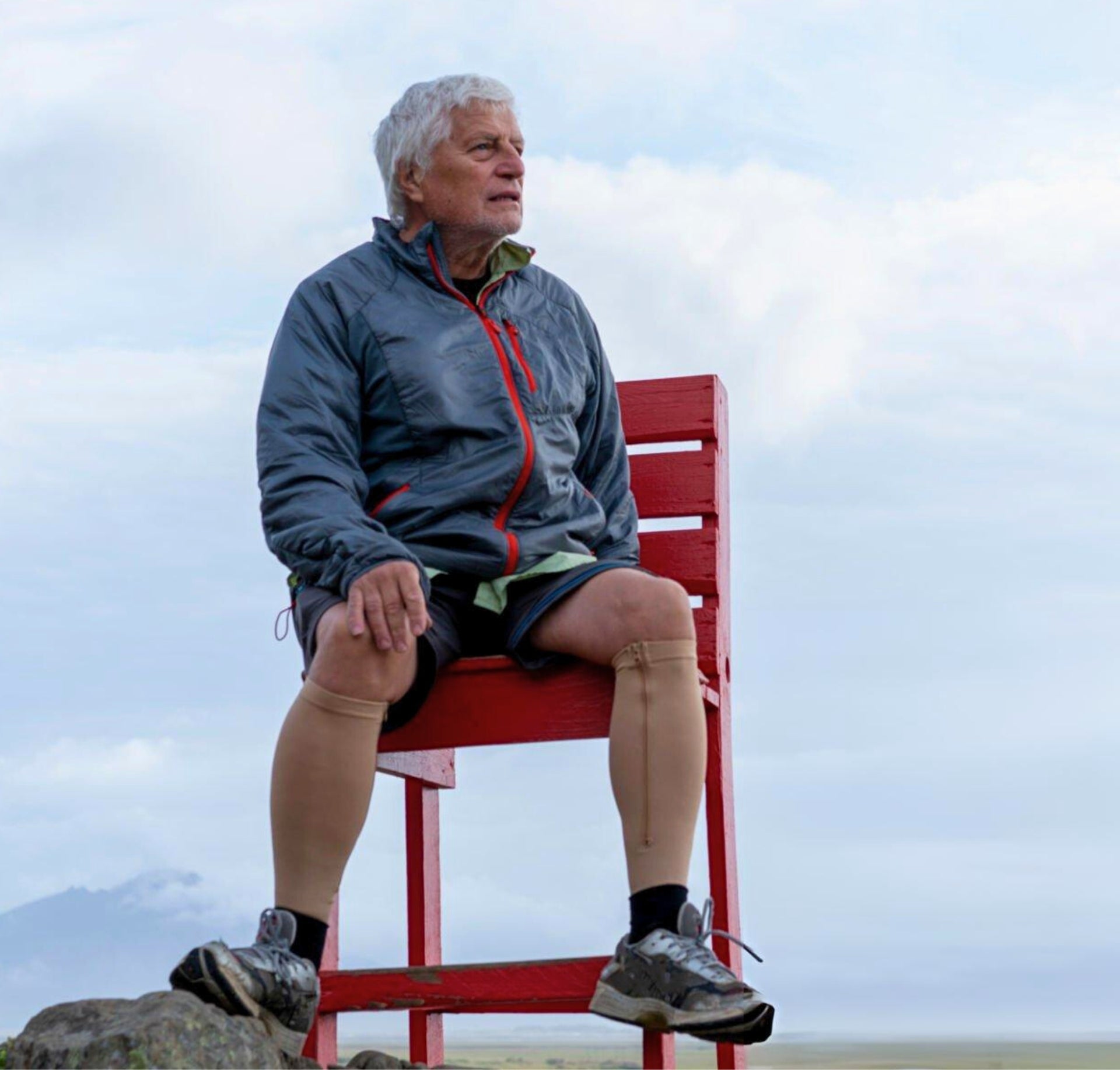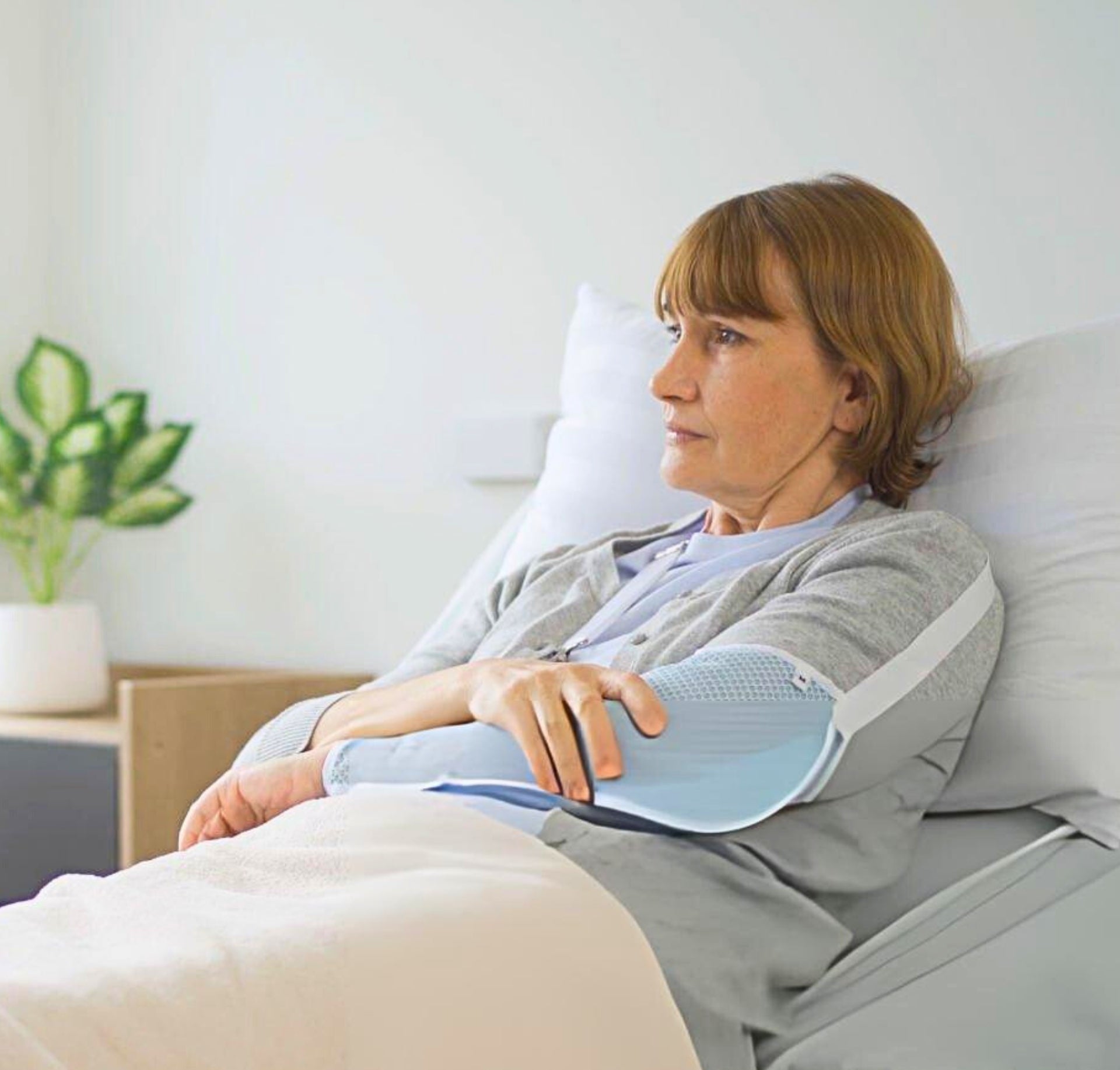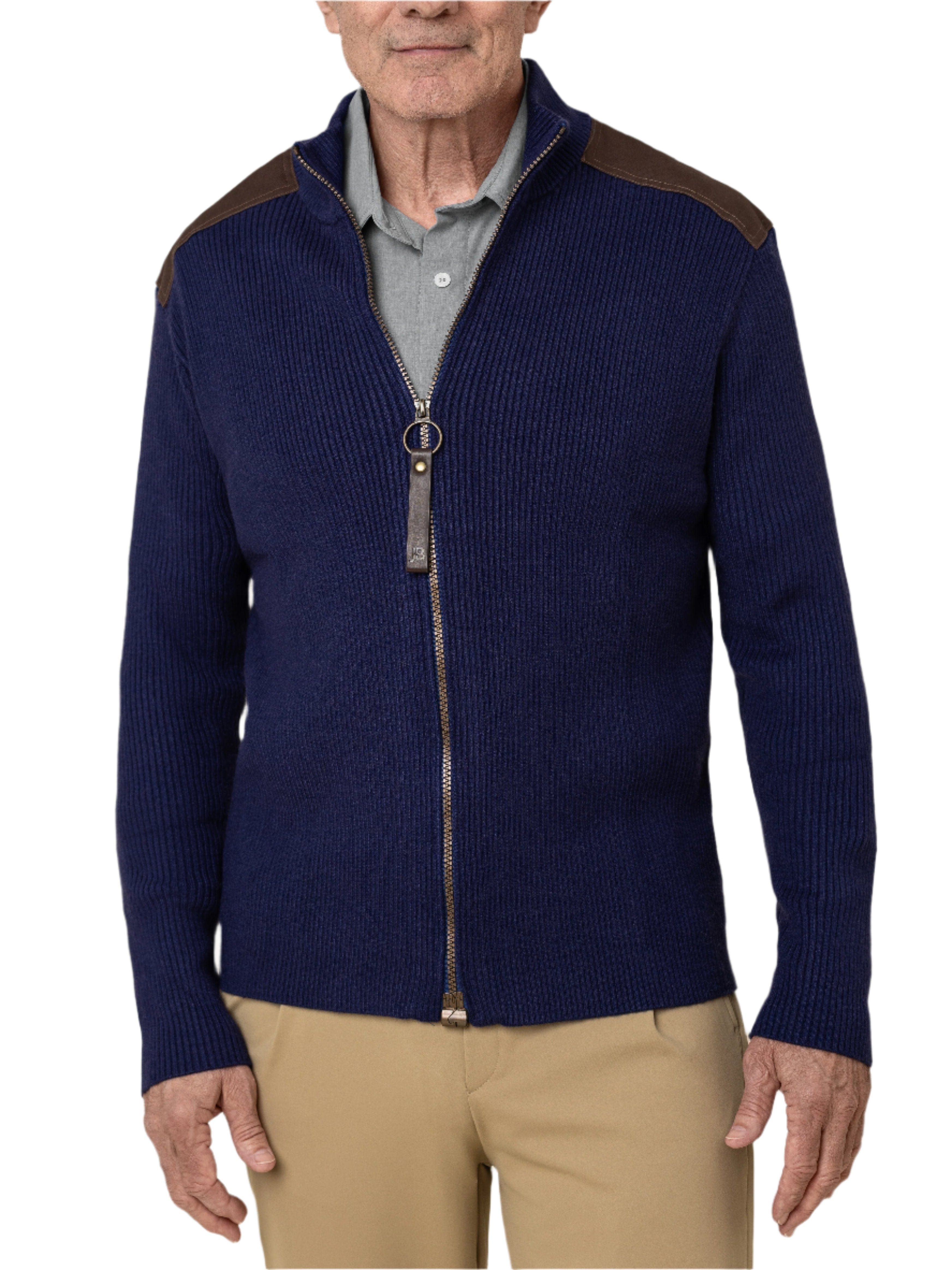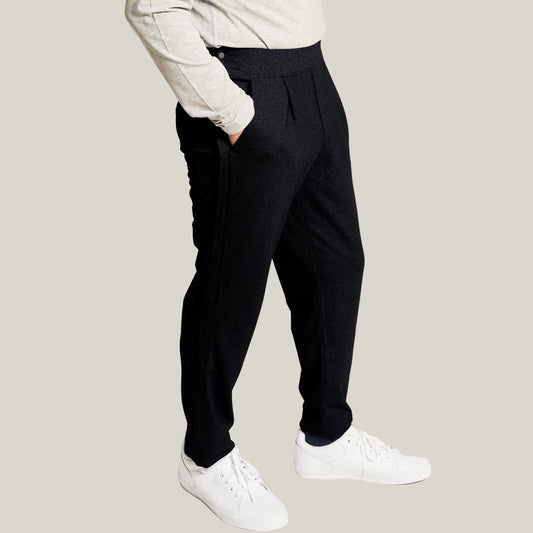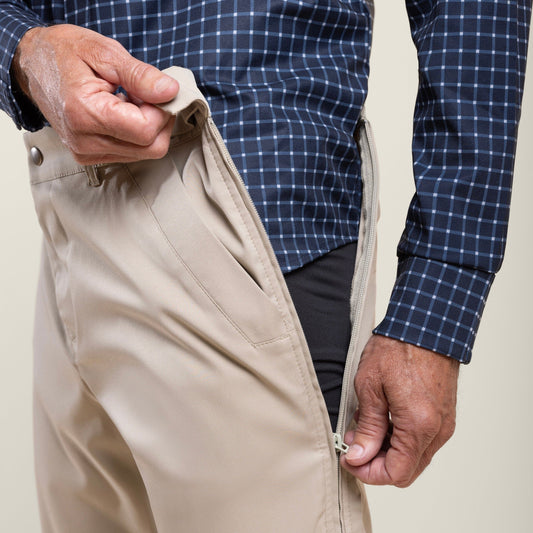This is the second part of our interview with Lucinda Koza. You can read the first half here.
Lucinda Koza is the founder of i-Ally, a platform for Millennial family caregivers. After her own experience becoming her father's full-time caregiver at a young age, Lucinda’s life mission became to advocate for Millennial family caregivers.
She is a member of the current TechCrunch Include Cohort, SheWorx + AWS Startups Mentorship Program 2020, All Raise Org's Visionary Voices Speakers Bureau, and the Lyfebulb Patient Entrepreneur Circle.
She just received Honorable Mention in the Lyfebulb + Orexo Innovation Challenge and received Honorable Mention for Intermitten's 2020 Changemaker Award. Her writing has been published in Thought Catalog and Medium Women. Passionate about storytelling and giving voice to the voiceless, Lucinda also premiered a short film at the Cannes Film Festival in 2016.

Ben: I want to talk more about your business, i-Ally. According to i-Ally's mission statement, "family caregivers feel victimized when in fact they're extremely powerful." After hearing your story right now, it's clear how you formed this thought. But I'm hoping you can connect that mission statement directly to the work you're doing it i-Ally.
Lucinda: Logistically, the caregiver is the one in charge of the care recipient. They're making the financial decisions, determining the living arrangements, etc. And once I started caring for him in a home environment, I was in charge of what he ate. I was in charge of his surroundings. I was in charge of his medication, Basically everything to keep him alive.
But I never asked for all that responsibility. This has all been sprung on me and disrupted my life. It's unpaid labor it's so, so much responsibility. It's stressful. It's so many things. Caregivers are part of an invisible unpaid workforce. But if we didn't exist there would be so much more tragedy in this world. Healthcare systems want positive patient outcomes. They want to decrease, hospital re-admittance. And the only way that they can really do that is by communicating with the family caregiver and empowering the family caregiver --- because that's the key to the patient -- not having to go back to the hospital. Family caregivers feel guilt, or a loss of their own independence because we have a lot of power. And it's up to us to take control over our own lives, to find ways in which we can rest, perform self-care, so that we're at our best when our loved ones need help.
Ben: i-Ally seems to be a place particularly for Millennial caregivers. Why is that? And how do you see Millennials approaching caregiving differently than, than older adults?
Lucinda: First, it's because Millennials, and really anyone younger than 50, are just not necessarily preparing to be caregivers. So most Millennial caregivers fell into a similar situation as myself. My dad hadn't done anything to prepare for this because he wasn't expecting it, which is different than adults who are in their 80s.And then it was too late to prepare. Millions of millennials are already caring for a parent or a child or both, and we don't have any sort of platform designed for younger people who suddenly find themselves giving care. And I think Millennials have different needs than the older generations and search for solutions in different ways. So I wanted i-Ally to reflect their behaviors and be accessible to them.
Ben: So how does i-Ally work? So I am a millennial and just become a caregiver. Why should I go to i-Ally? And what's what's going to help me there?
Lucinda: Young caregivers should go to i-ally because first of all, there's a community of peers. who have gone through what you have gone through, or they are currently along their caregiving journey as well. This is a place full of experts in the space like mental health professionals and coaches and people who know a ton about health insurance or Medicare or people that know a ton about dementia. It's a robust, supportive and engaged community. You don't have to pay anything to sign up, and can immediately get keyed into this community of just knowledge. You can ask any question of the community. You can remain anonymous if you want as well.
If you need some help right now, you can connect right away with someone from the team and get help. And the site is full of all of these resources, like legal counsel and financial coaching and mental health tele-health. So there's basically anything that you could need in this journey, for at any stage in that journey.
Ben: How do you think COVID has impacted caregiving?
Lucinda: I think it's made caregiving so much harder, especially early on during the lockdown. There was food insecurity. All of a sudden there was no bleach or toilet paper. That is super terrifying for a caregiver. It was not easy, or possible, seeing a doctor or therapist in person. And of course, we were all worried about getting ill. Then you are also responsible for someone who is probably immunocompromised and you're incredibly worried about them getting ill.
But there was a silver lining in this tough year. The pandemic put caregivers and frontline workers in the spotlight Finally people are actually realizing that professional caregivers are underpaid and family caregivers are not paid. People are finally realizing that we need to support the people who are supporting and caring for all of our sick people? And that really was not a part of the conversation at all before COVID,, at the national level in politics or even in the cultural zeitgeist. So it really has put caregiving so much more at the forefront, which is incredible.
Read our interviews with caregiving experts and coaches for more caregiving advice and tips.






